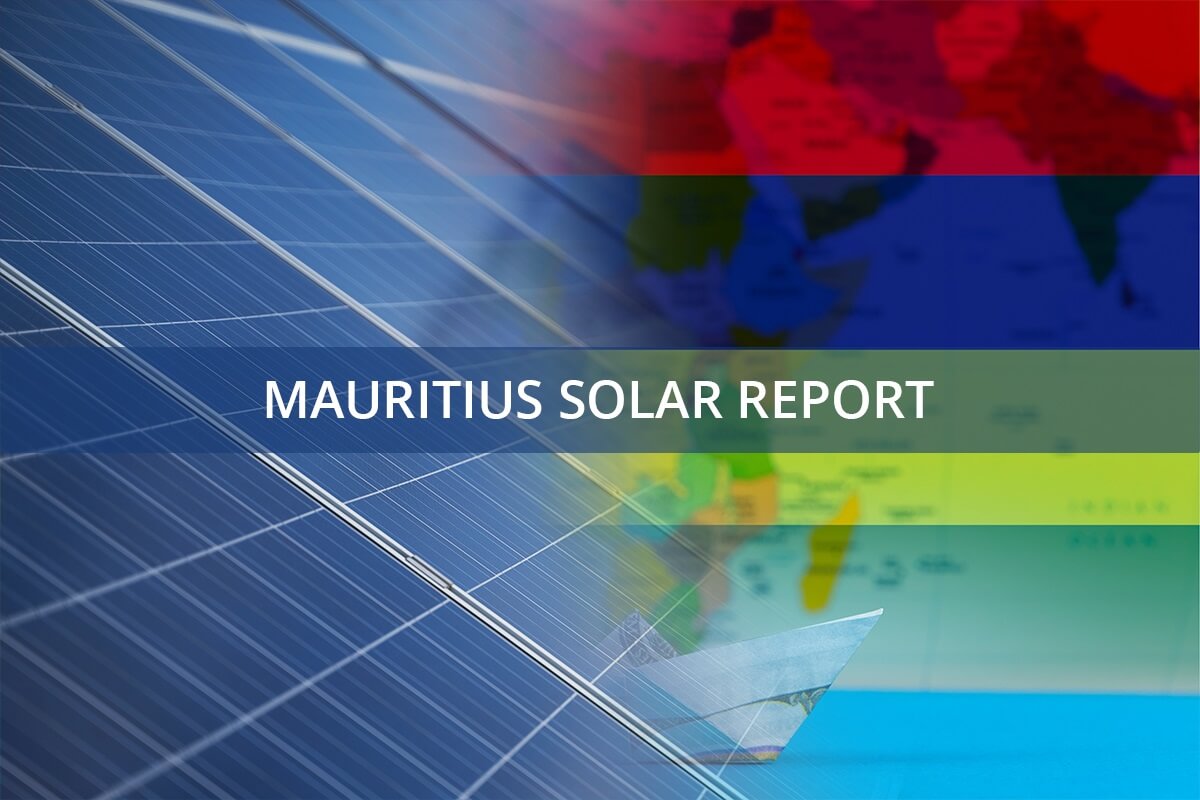Mauritius 2025 Budget: A Bold Step Toward Renewable Energy Transformation
The Mauritius government’s 2025 budget is a testament to its commitment to sustainable development, with a strong focus on renewable energy initiatives. This comprehensive plan aims to enhance energy efficiency and reduce the nation’s dependency on fossil fuels, positioning Mauritius as a leader in the region’s green energy transition.
Mauritius 2025 Budget: Increased Financial Support for Renewable Energy Projects
The budget outlines substantial financial support for renewable energy projects, with the Central Electricity Board (CEB) allocating Rs 2.9 billion to enhance renewable energy and energy efficiency. A significant portion of this funding, Rs 1.4 billion, is dedicated to a second Battery Energy Storage System (BESS), which will stabilize the electricity grid as Mauritius increasingly relies on renewable sources such as solar and wind energy.
To further encourage private sector involvement, Rs 1.5 billion has been set aside for purchasing electricity from private solar energy producers. This initiative is anticipated to bolster the contribution of renewable energy to the national grid, aligning with Mauritius’ clean energy goals. For more insights into the country’s clean energy transition, you can read more here.
Expanding Renewable Energy Capacity Under the Mauritius 2025 Budget
Mauritius has set ambitious targets to produce 242 MW of electricity from renewable sources by 2028. This goal is part of an overarching strategy to diversify energy sources and diminish reliance on fossil fuels. The government has opened a call for tender for 40 MW of solar energy production, expected to attract both local and international investors.
Among the innovative projects is the 50 MW floating solar plant at the Tamarind Falls reservoir, currently in the tendering phase. This project will be one of the largest floating solar plants in the region, highlighting Mauritius’ commitment to cutting-edge renewable energy technologies. For more details on the country’s solar expansion strategies, see Mauritius solar expansion.
Promoting Energy Efficiency Through the Mauritius 2025 Budget
In tandem with renewable energy production, the government is intensifying efforts to promote energy efficiency. The CEB has initiated a program to distribute energy-efficient LED light bulbs, with 1.2 million bulbs already distributed and an additional 400,000 on the way.
To further encourage energy-saving practices, the government offers a Rs 2,000 grant for households purchasing energy-efficient appliances. Additionally, 3,600 high-efficiency fans are being distributed to eligible households to reduce electricity consumption during peak summer months.
Key Benefits of Renewable Energy in the Mauritius 2025 Budget
Renewable energy presents numerous advantages for Mauritius. It reduces the country’s reliance on imported fossil fuels, which are susceptible to price volatility and supply disruptions, thus enhancing energy security and stability.
Renewable energy projects also spur job creation and economic growth, requiring skilled labor for the construction and maintenance of solar and wind farms. Moreover, these initiatives contribute to reducing greenhouse gas emissions, aligning with global efforts to combat climate change. Mauritius, being a small island nation, is particularly vulnerable to climate change impacts, such as rising sea levels and extreme weather events. By investing in renewable energy, the country proactively mitigates these risks.
The Mauritius government’s 2025 budget underscores a profound commitment to renewable energy and energy efficiency. With substantial investments in new projects and initiatives, Mauritius is on a promising path toward achieving its renewable energy targets and reducing its carbon footprint. For more on Mauritius’ ambitious solar energy plans, consult this report.

